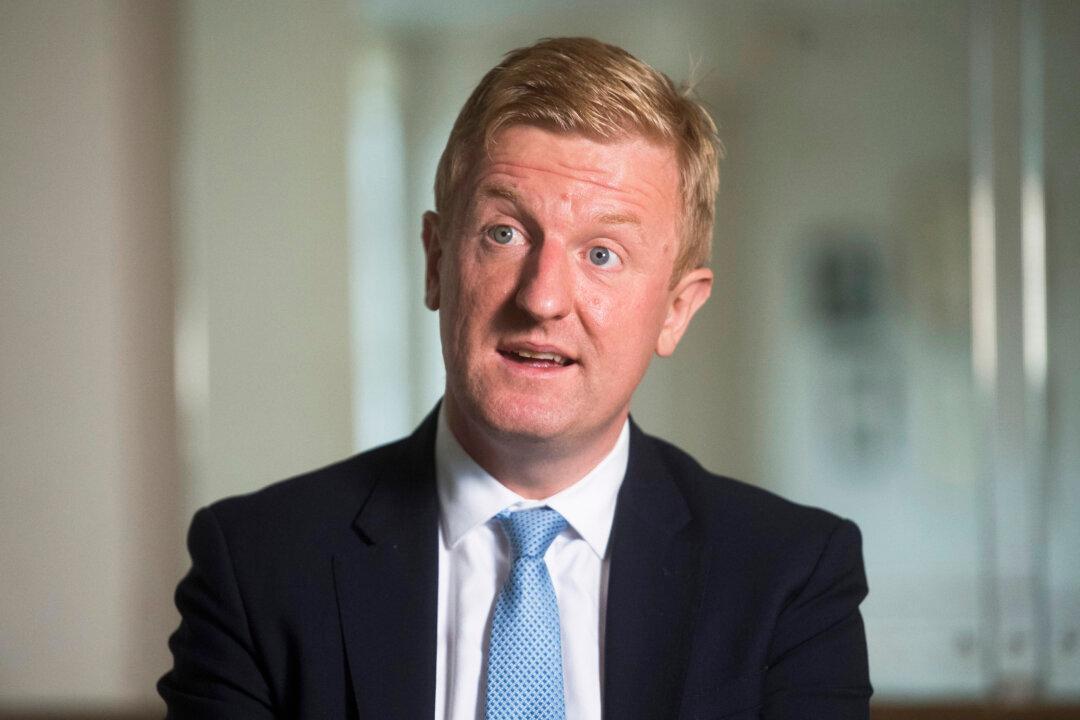Democratically elected governments must play a role in regulating social media, a UK minister said on Monday in the wake of Twitter’s removing of U.S. President Donald Trump’s account, and ahead of the introduction of a new UK bill to regulate online space.
In an op-ed published in The Times of London on Monday, Digital, Culture, Media, and Sport Secretary Oliver Dowden said that democratic societies have to seek a balance between protecting vulnerable people from harm and protecting free speech, and “find ways to impose consistency, transparency, and fairness in the online sphere.”





